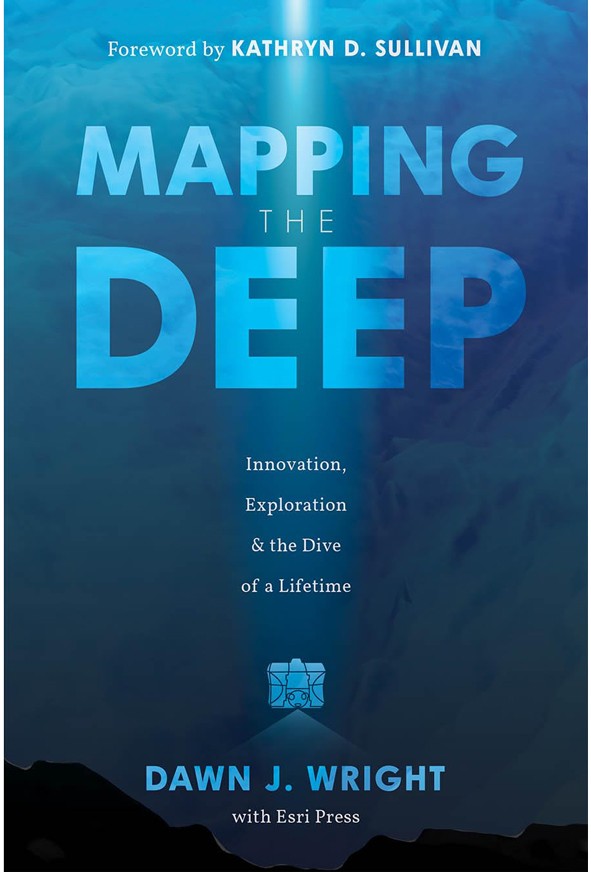
Mapping the Deep
Dawn J. Wright et al. Esri (2024)
When Dawn Wright submitted her master’s thesis in the 1980s, her supervisor told her that she had no future in oceanography. Today, she is a distinguished oceanographer and chief scientist at software company Esri. In 2022, she became the first Black person to visit Challenger Deep, the deepest place on Earth’s sea bed, more than 10,000 metres below the sea surface. This charming book, written by Wright in collaboration with four Esri Press colleagues, shows how, in her words, “we can turn the unknown deep into the known deep”.
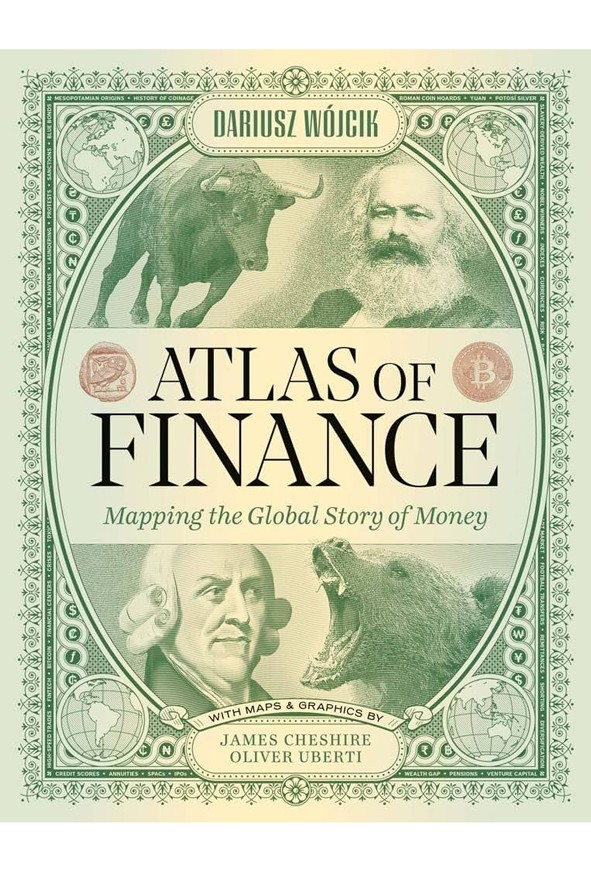
Atlas of Finance
Dariusz Wójcik et al. Yale Univ. Press (2024)
Indigenous Australians prospered with a continental bartering network that required no money, until European colonialists arrived. However, most other societies have depended on money — that is, “anything that can simultaneously act as a medium of exchange, unit of account, and store of value”. This intriguing, large-format atlas of intricate maps and graphics with commentaries by economic geographer Dariusz Wójcik and ten colleagues aims to demystify the world of finance, with considerable success.
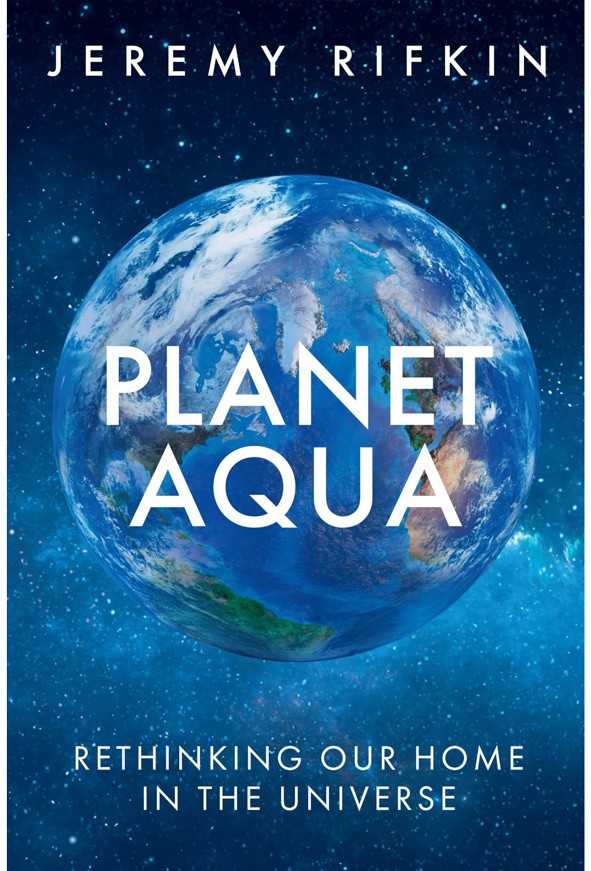
Planet Aqua
Jeremy Rifkin Polity (2024)
Earth as terra firma is an illusion. It is really a water planet, noted the European Space Agency in 2021, calling it planet aqua. But global warming is destroying humanity’s ability to control its water supply because increasing evaporation from the ground and ocean precipitates “more violent and exponential water events”, writes economic and US social theorist and political adviser Jeremy Rifkin. His urgent book argues for Earth’s water to be seen more as a “life source” than a “commercial resource”.
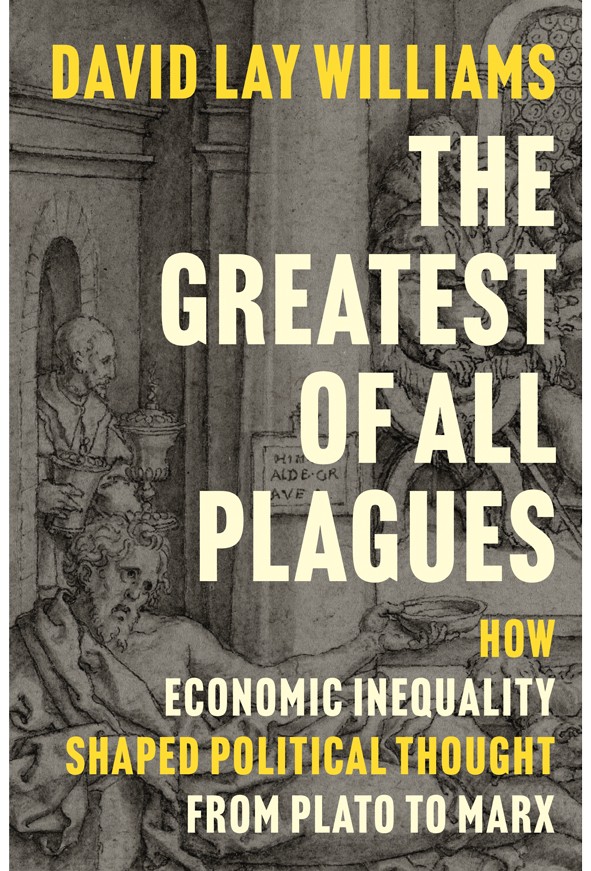
The Greatest of All Plagues
David Lay Williams Princeton Univ. Press (2024)
Plato argued that economic inequality — in the form of harsh poverty and extreme wealth — breeds civil war, “the greatest of all plagues”. One could be reminded of today’s United States, and many other nations, argues US political scientist David Williams, in his thoughtful reconsideration of past thinkers’ views of economic inequality. He focuses on Plato, Jesus, Thomas Hobbes, Jean-Jacques Rousseau, Adam Smith, John Stuart Mill and Karl Marx: a diverse group, “yet they all clearly understand inequality as a threat to their respective goals”.
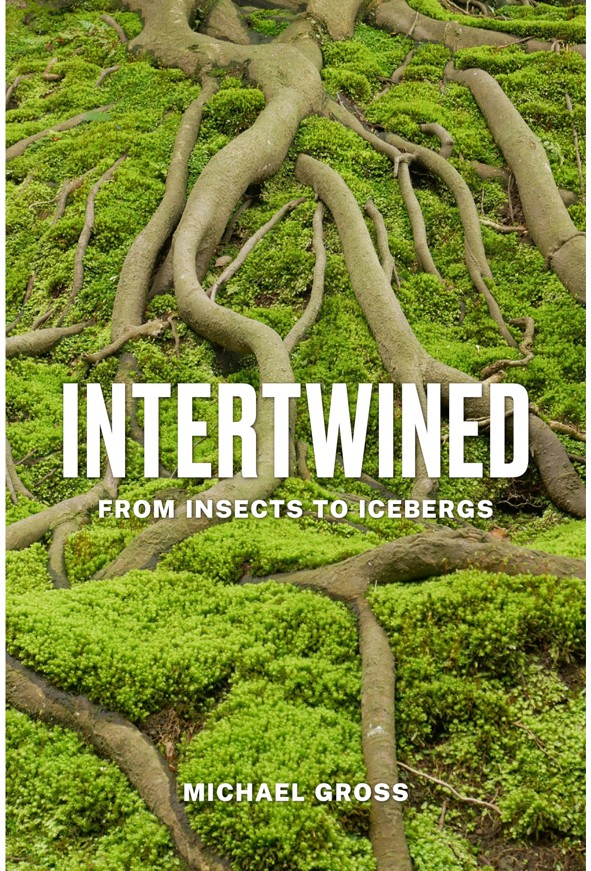
Intertwined
Michael Gross Johns Hopkins Univ. Press (2024)
Science writer Michael Gross is fascinated by the connectedness of the living world — from molecular interactions to global cycles of elements such as carbon and nitrogen. Drawing on a range of species and ecosystems, his ambitious book analyses the “ways in which human activities have unwittingly disturbed these connections”. For example, fertilizers and pesticides have disrupted ecological networks. Moreover, climate change is happening too rapidly for evolutionary adaptation by many ecosystems.
Competing Interests
The author declares no competing interests.






